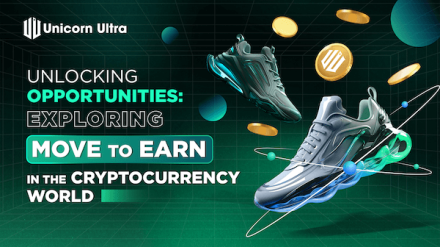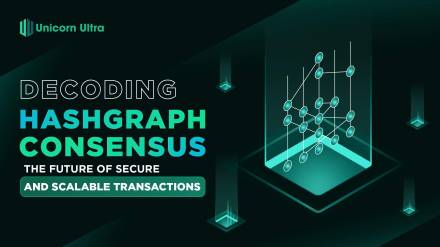Table of Contents
What are DeFi Lending Platforms?
DeFi lending platforms are digital ecosystems built on blockchain technology that facilitate lending and borrowing without the need for intermediaries such as banks. In this decentralized model, individuals can lend their cryptocurrency holdings to others in exchange for interest. Conversely, borrowers can use their crypto assets as collateral to secure loans from these platforms. This peer-to-peer approach enables users to transact directly with one another, cutting out traditional financial institutions.
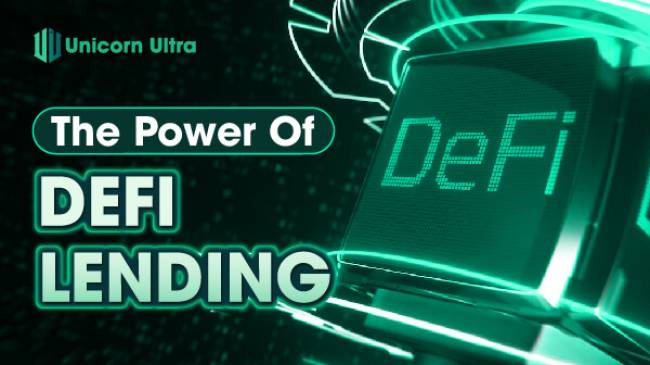
In simpler terms, DeFi lending platforms enable users to lend their cryptocurrencies and earn passive income. Crypto lending typically operates automatically through smart contracts, streamlining the entire process.
>> Read more: Is DeFi Safe? Acquire and apply these security measures
How Can I Borrow with DeFi?
In DeFi lending, individuals are required to utilize cryptocurrency collateral, typically in the form of tokens worth more than the loan's value—usually at least 1.5 to 3 times greater. The smart contract overseeing the loan holds the collateral until the loan is settled. This practice of over-collateralization means that most participants in lending pools already possess significant crypto assets.
What is the Risk of DeFi Lending?
While DeFi lending offers a convenient and rapid means of accessing funds, it also entails substantial risks. Here are some of the hazards linked to cryptocurrency loans within the domain of DeFi lending:
-
Volatility Risk: Cryptocurrencies exhibit extreme price volatility, with their values capable of rapid and significant fluctuations. Should the value of the cryptocurrency used as collateral dip below a specific threshold, the smart contract will initiate an automatic liquidation of the collateral, resulting in the borrower's loss of their investment.
-
Smart Contract Risk: Smart contracts, being self-executing and immutable once deployed on the blockchain, are susceptible to vulnerabilities. Any flaws in the smart contract could be exploited by malicious actors to siphon off funds. While smart contract audits help alleviate this risk, they do not offer foolproof protection.
-
Liquidity Risk: Borrowers may encounter difficulties when attempting to liquidate their collateral swiftly. If the price of the collateral cryptocurrency plummets, market liquidity might not suffice for a prompt sale. Consequently, this may lead to collateral loss.
-
Counterparty Risk: DeFi lending involves direct interactions between borrowers and lenders, devoid of intermediaries to mitigate counterparty risk. In the event of borrower default, lenders may struggle to recover their investments.
-
Regulation Risk: DeFi lending operates in an unregulated environment, which means there is no legal recourse available in case of disputes or issues. This regulatory vacuum also creates a conducive environment for fraudulent activities within the space.
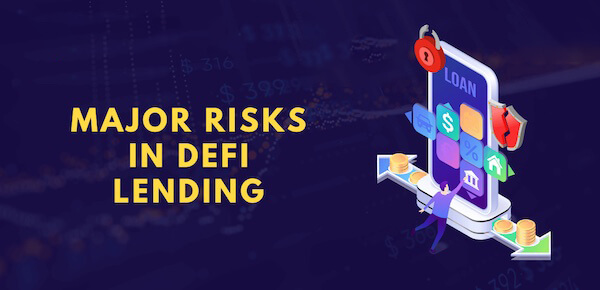
DeFi Lending and Decentralized Finance
DeFi lending is a pivotal component of the broader decentralized finance movement. It exemplifies how blockchain technology can reshape traditional financial services, making them more inclusive and efficient. By removing intermediaries and central points of control, DeFi lending empowers individuals to have more control over their financial activities. Furthermore, it promotes financial inclusion by providing access to loans for individuals who may not meet the criteria of traditional banking systems.
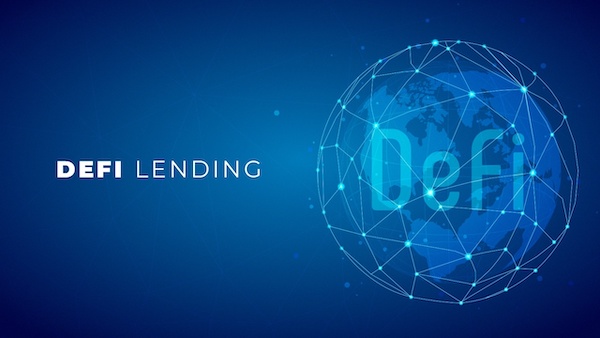
Conclusion
In the ever-evolving landscape of financial innovation, DeFi lending stands as a beacon of change. Its peer-to-peer lending model, automated processes, and potential for financial inclusion highlight its transformative potential.
However, users must approach DeFi lending with a balanced perspective, recognizing the rewards it offers alongside the inherent risks. As blockchain technology continues to mature and decentralized finance gains traction, DeFi lending is likely to play an increasingly crucial role in shaping the future of finance.
Thank you for your interest in following Unicorn Ultra's article on What Are DeFi Lending Platforms?



